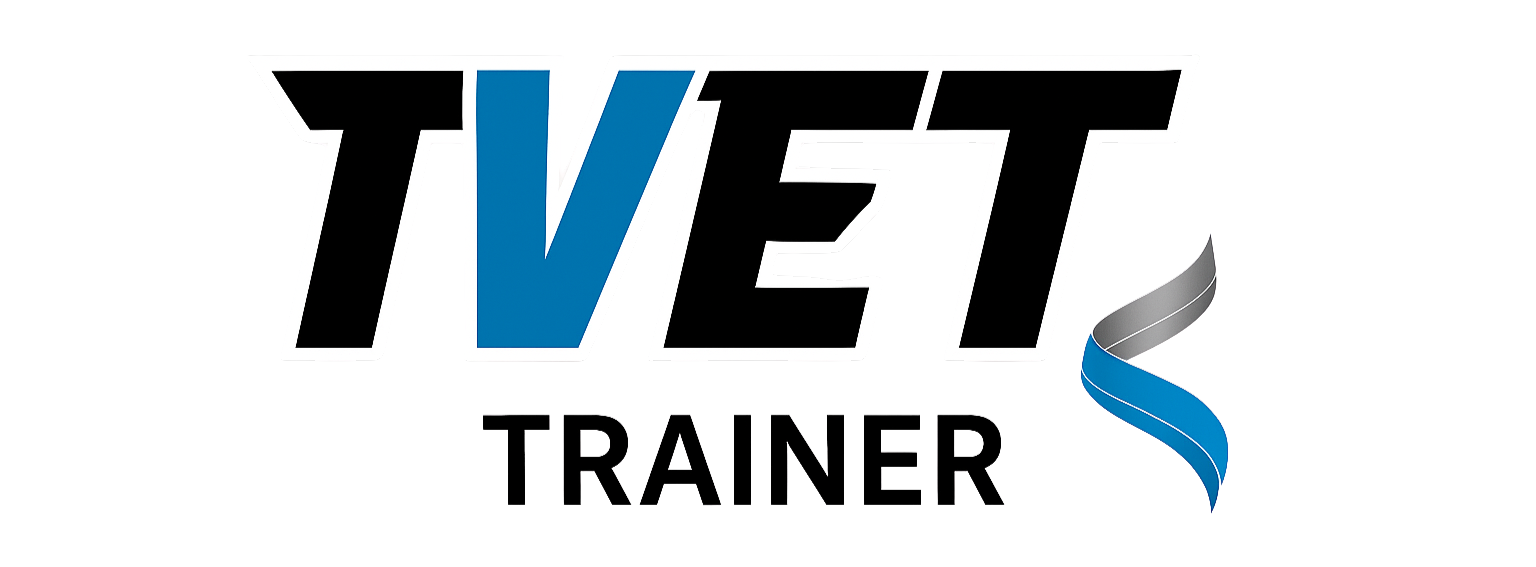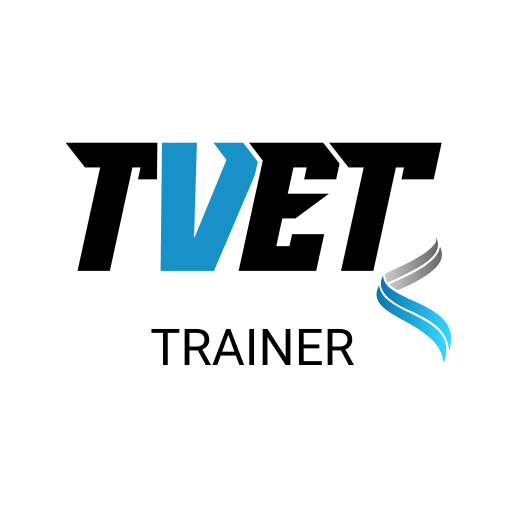
The assessor's role in vocational education and training is a cornerstone of quality and integrity. As organisations continue to prioritise skills-based learning and workforce development, the responsibilities of these educational gatekeepers have come under increased scrutiny. Today, we examine the wide-ranging duties that assessors must navigate to ensure the rigour and relevance of vocational qualifications.
Understanding and Applying Standards
A fundamental responsibility lies at the heart of an assessor's role: comprehending and implementing the standards and requirements of their qualifications. This is no small task, as vocational standards are often complex and subject to regular updates to keep pace with industry demands. Assessors must be highly adaptable, applying their expertise across various qualifications and staying current with the latest developments in their field.
The Art of Assessment Planning
Planning is essential in vocational assessment. Assessors must create assessment strategies that meet the strict criteria of awarding bodies while catering to the diverse needs of learners. This balancing act requires a solid understanding of both the qualification requirements and each candidate's individual circumstances.
Clear Communication: The Assessor's Mantra
Communicating assessment requirements clearly and concisely is a vital skill that sets effective assessors apart. Learners must be fully informed of what is expected of them, the evidence they need to produce, and the criteria against which they will be judged. This transparency is essential for fairness and empowering learners to perform to the best of their abilities.
The Assessment Process: Where Theory Meets Practice
Carrying out assessments is where theory meets practice. Assessors must create an environment enabling learners to demonstrate their skills and knowledge effectively. This may involve observing practical tasks, reviewing portfolios, or conducting professional discussions. The assessor's role here is supportive and evaluative, ensuring the assessment process is thorough and conducive to showcasing the learner’s abilities.
The Judgement Call: Comparing Evidence to Standards
One of an assessor's most important responsibilities is comparing evidence against set standards. This process demands objectivity, attention to detail, and a deep understanding of qualification requirements. Assessors must carefully evaluate the evidence provided and determine whether it meets the required standard, a process that can significantly impact a learner's future.
Decision Time: The Moment of Truth
Making assessment decisions is where the assessor's expertise is most clearly demonstrated. These judgments must be fair, consistent, and based solely on the evidence presented. Experienced assessors understand the weight of these decisions, as their verdicts can open doors to new career opportunities or indicate areas for further development.
The Paper Trail: Recording the Assessment Journey
Maintaining detailed records of the assessment process and decisions is essential in an era of accountability. Assessors must keep meticulous documentation that justifies their decisions and provides a clear audit trail for internal and external quality assurance. This record-keeping ensures transparency and fairness for both the assessor and the learner.
Feedback: The Growth Engine of Learning
Assessors must master the responsibility of providing constructive feedback. Feedback is not just about highlighting strengths and weaknesses; it’s about offering meaningful guidance that helps learners improve. Effective feedback can make assessment a powerful learning tool, encouraging personal and professional growth.
Standardisation: Ensuring Consistency Across the Board
Participation in standardisation processes is fundamental for maintaining the consistency of vocational qualifications. These activities allow assessors to compare approaches, discuss challenging cases, and ensure that assessment decisions are aligned across different assessors and centres. This collaborative effort is key to the reliability of the assessment system.
The Learning Never Stops: Continuous Professional Development
In a dynamic field such as vocational education and training, continuous professional development (CPD) is non-negotiable. Assessors must commit to ongoing learning to keep their skills up to date and ensure that they are equipped to meet the evolving needs of learners and industry alike.
The Bigger Picture: Assessors as Guardians of Quality
Reflecting on these responsibilities, it becomes clear that assessors are more than evaluators. They are guardians of educational quality, playing an important role in shaping the workforce of tomorrow. Their work ensures that vocational qualifications remain relevant and reflective of real-world skills.
Assessors face numerous challenges. They must navigate diverse qualifications, adapt to technological advancements in assessment methods, and uphold their integrity despite pressures to meet targets or timelines. Yet, precisely, these challenges make the role of an assessor so important and rewarding.
In conclusion, assessors' responsibilities in vocational education and training are as varied as they are significant. From understanding complex standards to providing constructive feedback, assessors are pivotal to the success of vocational qualifications.
The future of vocational education depends heavily on the dedication and expertise of its assessors. Supporting them through training, resources, and recognition is essential to ensuring that vocational qualifications continue to meet the needs of learners, employers, and the wider economy.
In the grand tapestry of education, vocational training assessors are the threads that bind theory to practice, aspiration to achievement, and learning to earning. Their responsibilities may be wide-ranging, but their impact is singular: shaping a skilled, confident, and capable workforce.






